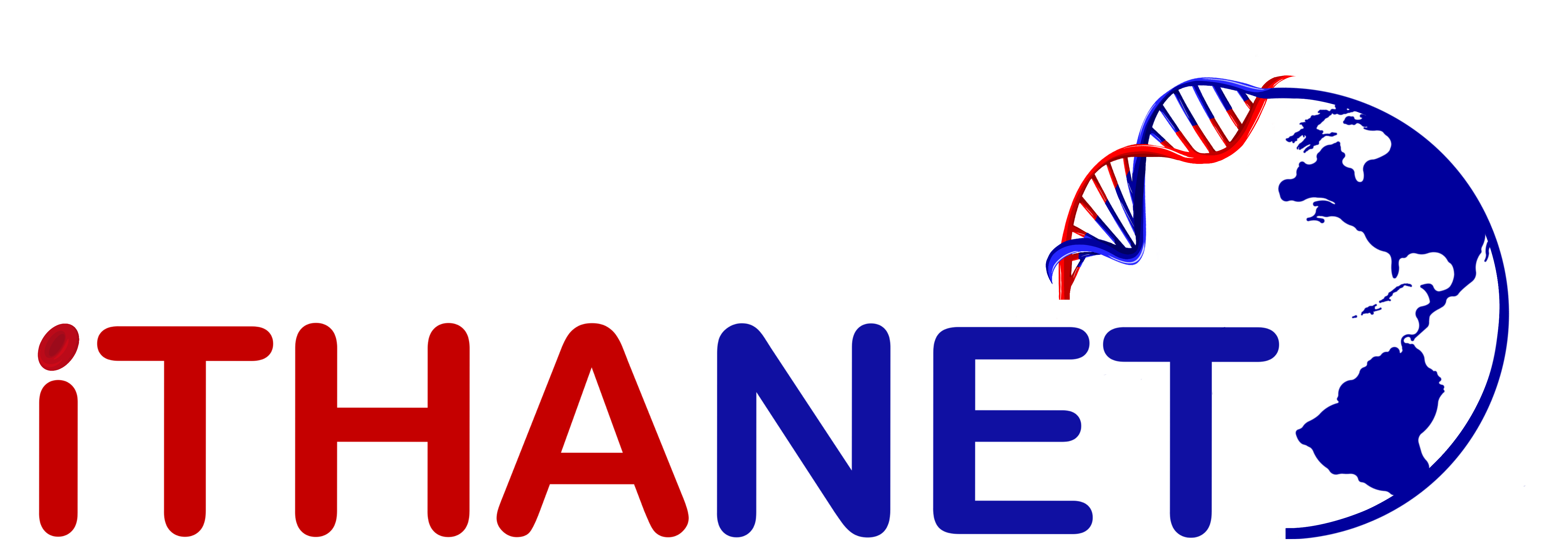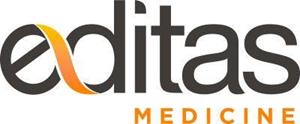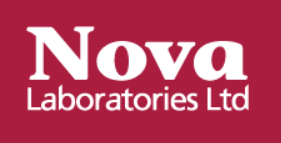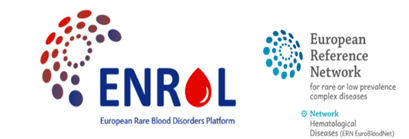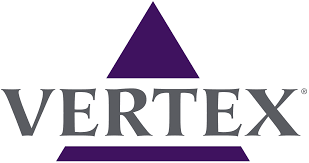
CTX001™ (CRISPR Therapeutics and Vertex Pharmaceuticals) has received Priority Medicines (PRIME) designation from the European Medicines Agency (EMA) for the treatment of sickle cell disease (SCD). PRIME provides early and enhanced scientific and regulatory support to medicines that have the potential to significantly address patients’ unmet medical needs. CTX001™ is an investigational gene-editing cell therapy that uses the CRISPR-Cas9 gene-editing tool to modify patient-derived stem cells to express foetal haemoglobin (HbF). An increase in HbF levels has the potential to alleviate transfusion requirements for severe thalassaemia patients and reduce painful and debilitating sickle crises for SCD patients. CTX001 is currently the most advanced gene-editing approach in development for thalassaemia and SCD. To date, CTX001 has been granted Regenerative Medicine Advanced Therapy (RMAT), Fast Track, and Orphan Drug designations from the U.S. Food and Drug Administration (FDA), and Orphan Drug Designation from the European Commission, for both transfusion-dependent thalassaemia and SCD.
For more information about the clinical trials and the gene-editing process, see here.
